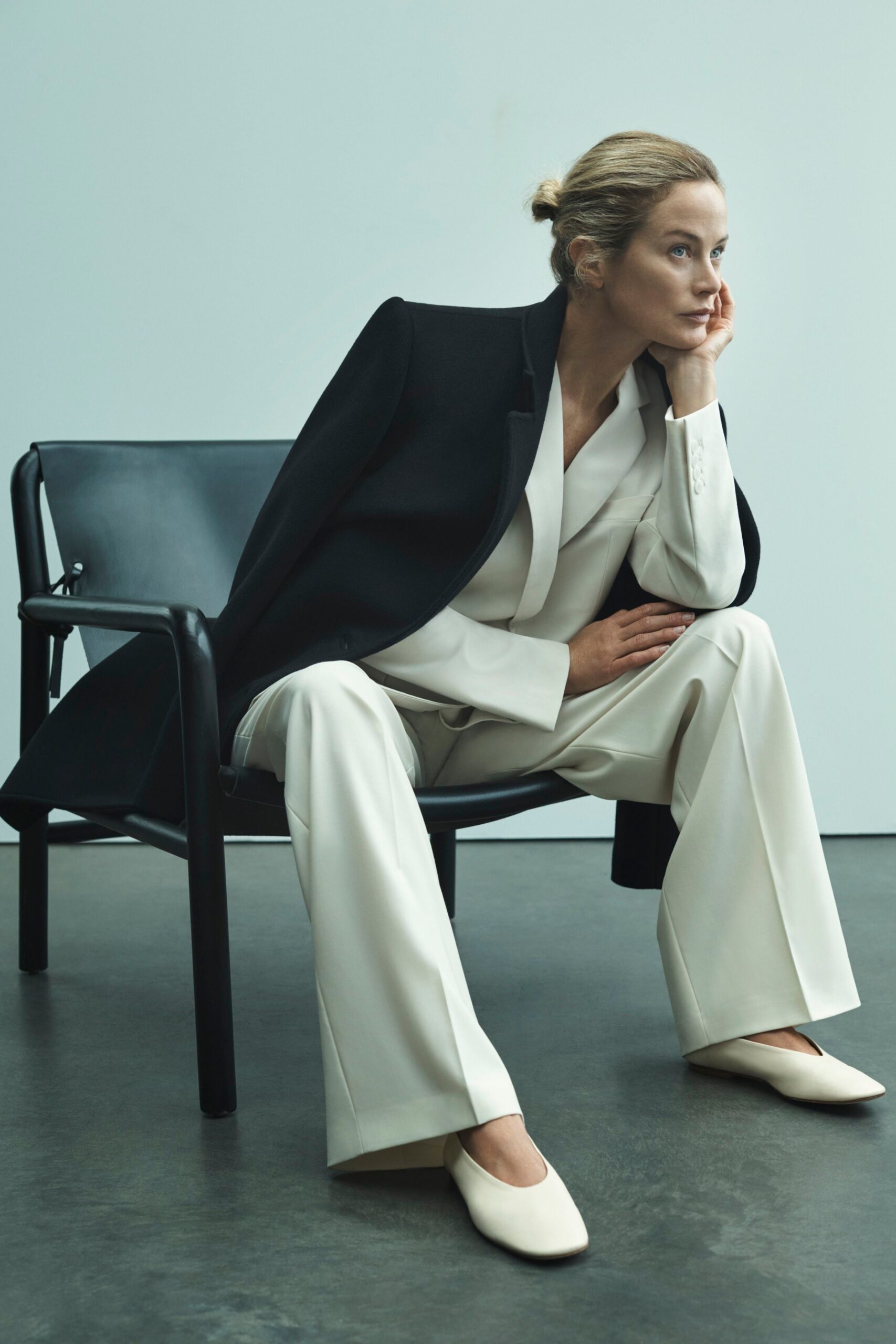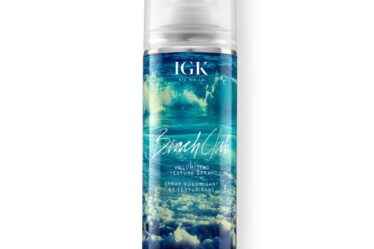
Influencer Andrea Cheong realised she was fed up with fast fashion when she found herself standing in front of her bulging closet everyday asking, ”Why don’t I have anything to wear?”
That question would become the title of her book, published earlier this year, detailing how she overhauled her social media-fuelled shopping habits that had left her with a closet full of stuff she didn’t want, in favour of a more mindful form of consumption, focused on quality, sustainability and value.
Alongside her 236,000 followers, Cheong inhabits a niche but growing corner of TikTok: reformed fast fashion enthusiasts now aiming to shop less, but better.
To be sure, the fashion market is still largely propelled by shoppers indexing for a mix of cost and clout — supporting both ultra-fast-fashion brands like Shein and mass luxury labels like Louis Vuitton. But the global economic slowdown and growing climate concerns have converged with the “quiet luxury” trend, giving rise to an emerging group of critical consumers who crave quality as well as a sense of luxury. These young shoppers also see quality as intrinsically linked to more environmentally responsible and ethical means of production.
“People no longer want to buy clothes without substance,” said Cheong.
In TikTok videos Cheong educates her followers about how to identify a high quality product, highlighting material composition, fit, and overall product construction as key indicators.
The approach isn’t prescriptive, recognising different budgets and sustainability priorities. Instead, Cheong aims to equip her followers with tools to shop better: Avoid synthetic plastic materials like polyester, pay attention to details like stitching quality, pattern matching and fit, and look beyond “sustainability” labels that often mean very little.
All the while, as the quiet luxury trend swept across the pop culture this year, some fashion fanatics are beginning to look beyond the aesthetic of blazers and pleated trousers, and toward the materials that comprise them instead.
“Now that the trend is quiet luxury, people are trying to identify what makes ‘old luxury’ look so expensive,” said one TikTok creator who goes by the name of Shay in June. The answer is materials.
Some brands are finding traction by tapping into market demand for products that mix quality, value and sustainability. For instance, Stockholm-based label Bite Studios began to phase out its polyester fabric last year for wool and silk blends or other organic single fibres.
In a crowded market, creating long-lasting products with higher-quality fibres and spotlighting the processes involved in responsible sourcing can be a distinctive way to cut through the noise and stand out in a field of competitors.
“There’s always been pockets of that demand [for quality], but we’re seeing that demand expand globally,” said Vanessa Barboni Hallik, Another Tomorrow’s founder and chief executive.
Over the last two years, Danish contemporary brand By Malene Birger has reduced the breadth of its collections by 75 percent, boosting its focus on the quality and make-up of each individual garment in a move toward a more premium positioning. As a result, the company has been able to charge higher prices and the reduced volume of products hasn’t slowed revenue growth, said chief product officer Caroline Fjelddahl.
“We’re targeting a customer we expect to be faithful, but willing to invest for a long period of time and therefore we focus on the longevity of our product,” she said.
While some shoppers are moving toward responsible consumption, brands and retailers still have to convince the vast majority of consumers that buying higher-quality pieces made from natural fibres is worth the extra investment.
The key to communicating this trade-off, according to journalist Derek Guy, is selling “emotional durability” — the concept that when a sweater or jacket has longevity, its owner can attach more sentimental value to it and can pass the piece on for generations to come.
One method of conveying this kind of value is to limit discounting. New York-based brand Alex Mill, for instance, hosts only two sales a year in order to encourage long-term loyalty.
“We want our consumers to feel like the product they are buying is special,” said Mickey Drexler, chairman at Alex Mill.
Ultimately, it’s up to brands to train their customers to see value in well-made, well-crafted products, not just in discounts and low prices.
“We think about farm-to-table, but we don’t think about farm-to-closet,” said Barboni Hallik. “We really want to create that throughline of connectivity to help people understand just how much goes into the creation of a high-quality piece of clothing.”



